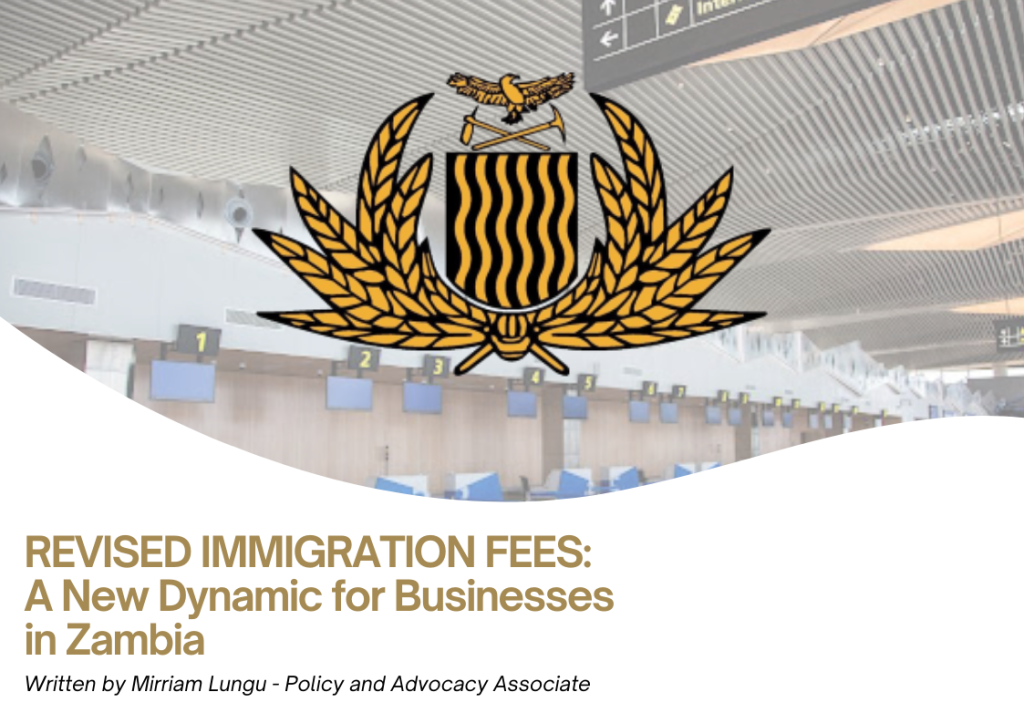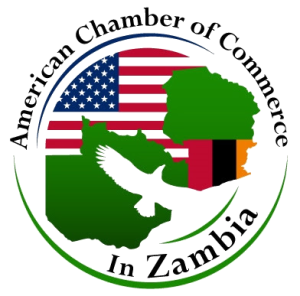
In August 2024, the Zambian government introduced updated fees for various immigration services, including work permits, residency permits, and investor permits. This revision, aligned with Statutory Instrument No. 25 of 2024, is part of a broader initiative to recalibrate public service fees in response to inflation. While these changes are necessary for economic stability, they bring significant implications for businesses, particularly those reliant on expatriate talent.
The new fee structure is set to impact multiple industries especially those requiring specialized foreign expertise such as mining, construction, and finance. As businesses review their labor force strategies, the revised immigration fees pose both challenges and potential opportunities for operational adjustments.
Key Fee Changes:
- Work Permits: Fees for obtaining and renewing work permits have increased, directly affecting businesses that rely on expatriates. Industries requiring foreign professionals may need to revise recruitment strategies or budget for higher administrative costs.
- Residency and Investor Permits: Foreign nationals seeking long-term residency or investing in Zambia are also facing higher permit fees. This could impact Zambia’s attractiveness to foreign investors, particularly small to mid-scale investors looking for cost-effective entry into the market.
- Visa Fees: Charges for visas, including business, tourist, and transit visas, have been adjusted. Frequent travelers, consultants, and investors will need to consider the heightened cost in their financial planning, potentially influencing cross-border business interactions.
These changes reflect Zambia’s efforts to modernize and streamline its immigration system in line with global standards. However, for businesses, this brings the need for greater foresight in budget planning, especially for those relying on foreign expertise and investment. As the business community adjusts to these revisions, strategic planning around immigration costs will become crucial for maintaining a competitive advantage.
